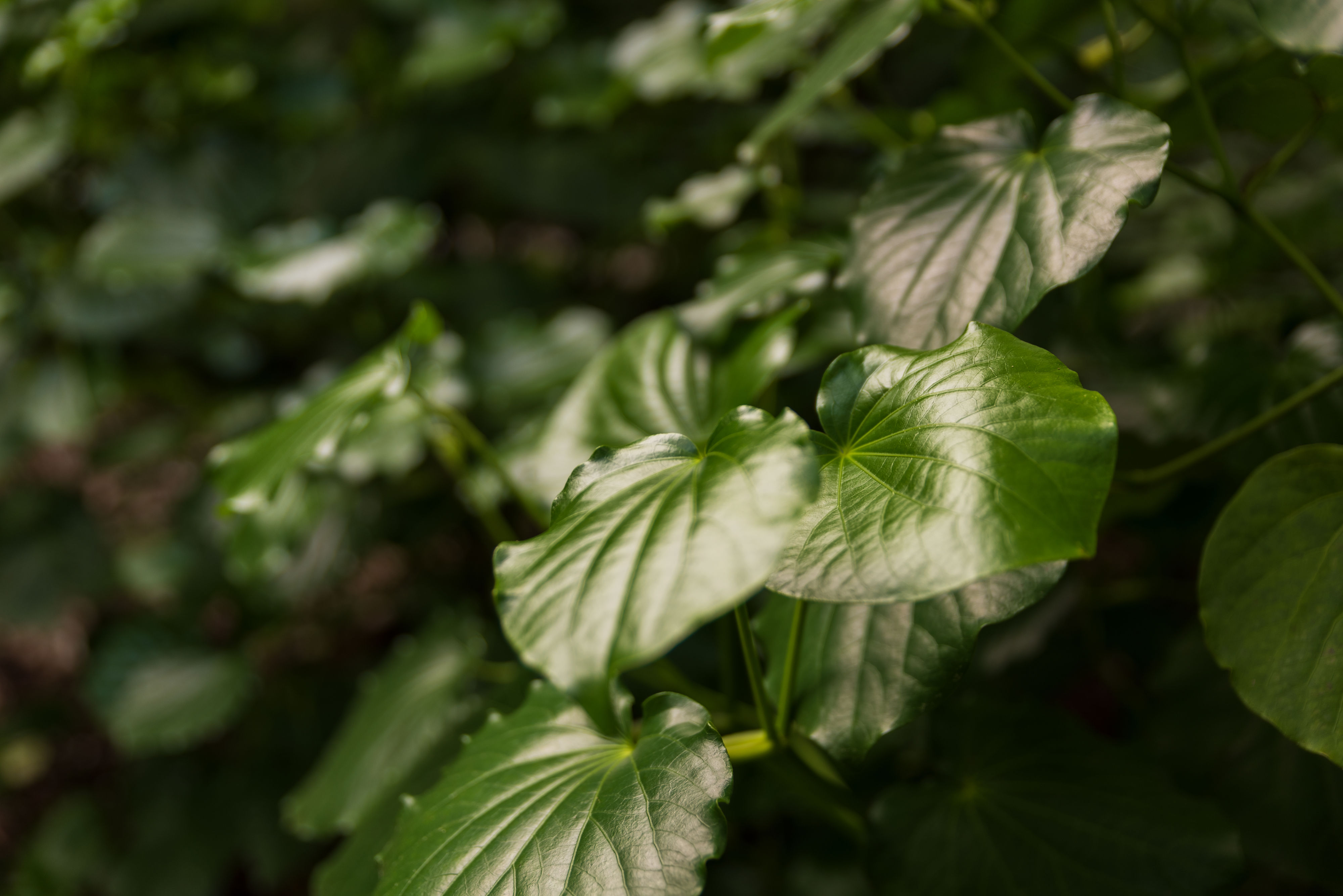Principles for working with Taonga and Mātauranga Māori
Taonga and Mātauranga Māori
Principles for working with
Taonga and Mātauranga Māori
Plant & Food Research is committed to working with Māori, and is developing a new shared perspective for mutual success.
Māori expect Plant & Food Research, as a research or collaboration partner, to deliver outcomes for their people as guaranteed within Te Tiriti o Waitangi (the Treaty of Waitangi).
When we work with our Māori partners to apply our science and plan the way that value will be shared we need to understand the full implications of what we are doing. Māori need to be comfortable with the impact and we do too. As part of our Tono strategy, we have developed a set of Mātauranga & Taonga Principles to guide our work. These Principles are the first step in our commitment to understanding how Plant & Food Research can work with Māori to support their aspirations while recognising and protecting taonga species, taonga works and indigenous knowledge.
These Principles should be read as:
a work in progress - we look forward to working with our current and future partners to develop these further to implement best practice, and
supported by other strategic initiatives under Tono and a Smart Green Future, Together (i.e. do not exist in isolation to other parts of our strategy).
Engagement
Acknowledgement of Māori kaitiaki over indigenous flora and fauna and other species generally regarded as taonga by Māori.
Receiving biological materials from Māori entities or individuals should be on the basis of informed consent, which involves disclosure of: the intended purpose for which the biological materials are to be used; and any foreseeable detriments or benefits that may result from that use
When researching such species input from a Māori perspective should be solicited from appropriate Māori kaitiaki.
Acknowledgement of Māori kaitiaki over mātauranga Māori
Accessing mātauranga Māori from Māori entities or individuals should be on the basis of informed consent, which involves disclosure of: the intended purpose for which mātauranga Māori is to be used; any foreseeable detriments or benefits that may result from that use
When referencing, publishing or including mātauranga Māori in any research, written support should be solicited from appropriate Māori kaitiaki.
Partnership
Ensure the benefits of sharing indigenous flora and fauna and mātauranga Māori is fair and reasonable.
Commitment to a fair and reasonable sharing of the benefits derived by Plant & Food Research from use of Māori taonga and mātauranga Māori with the relevant Māori kaitiaki.
Protection and Trusted Custodian
Work together with Māori to protect and be a trusted custodian of indigenous flora and fauna; Te Reo Māori and mātauranga Māori.
Use of the Māori language in Plant & Food Research’s business should at all times be respectful and genuine
Acknowledge the impact on Māori of new technologies, new farming practices, the introduction of new flora /fauna, and resource use arising from Plant & Food Research activities
Acknowledge and protect the sovereignty of data and knowledge generated or developed by Plant & Food Research or received from kaitiaki
Protect taonga and Mātauranga Māori that we hold on behalf of Māori and be a trusted custodian
Acknowledge tikanga/pre-conditions that comes with the use of taonga or mātauranga Māori and agree with kaitiaki on approaches for its continued protection through the lifetime of our custodianship.
